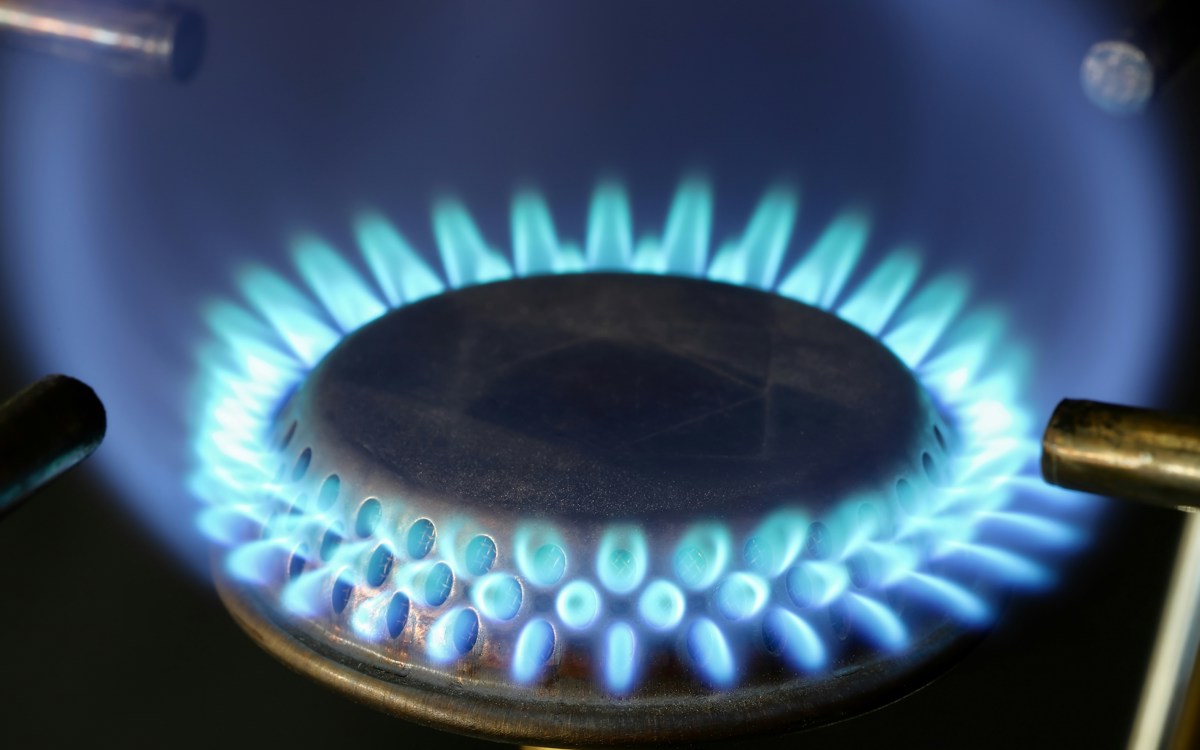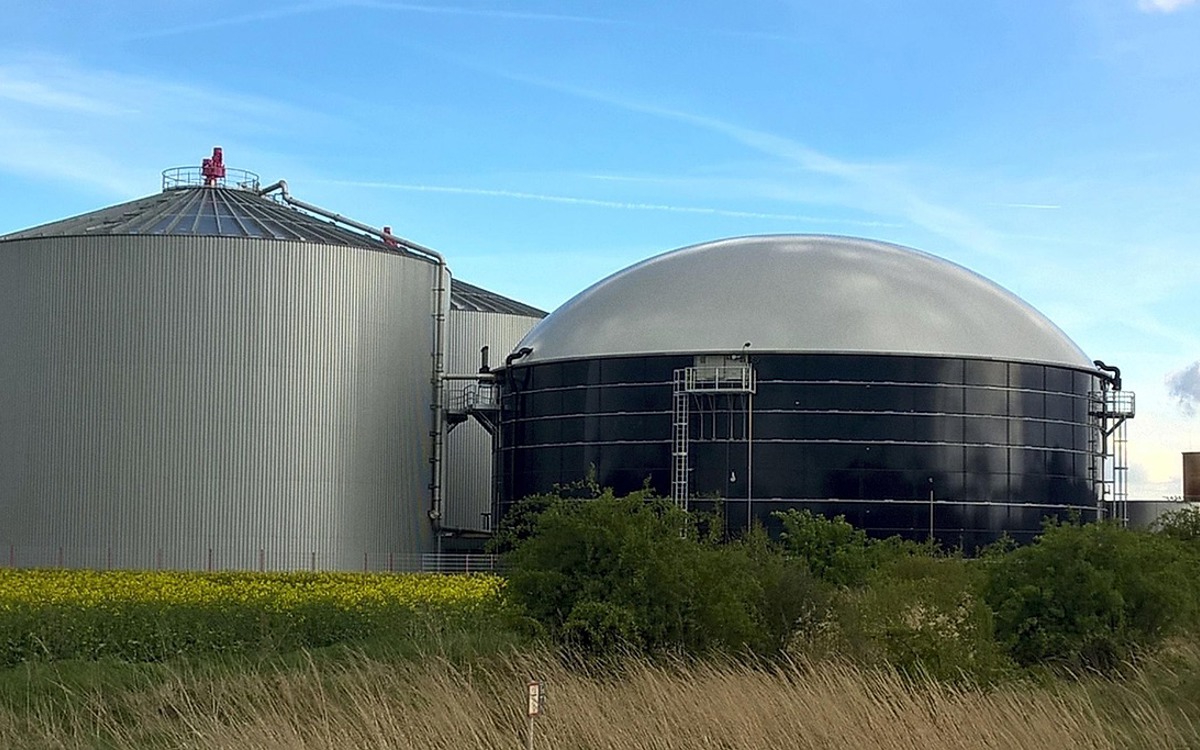Net zero, made simple
You might have heard the term net zero, or net zero carbon emissions – but what does it actually mean? And why does it matter to us?

The science of it all
Almost all human activity produces carbon emissions. These are harmful gases that are destroying the atmosphere and causing global warming, or climate change. This comes from:
- The things we produce - like food and materials.
- Our every day activities - like driving cars and heating homes.
- The impact of our waste - which needs to be reused, recycled, or disposed of.
Currently, our network transports mostly natural gas (methane) - a fossil fuel - and a portion of biomethane, a renewable source.

In future, you’ll need to consider greener ways of heating your home. You may have already heard of heat pumps and solar panels, which work great for home property types. Other homes and businesses will need different solutions, which is where we come in.
We're exploring how we can use green gases like hydrogen and biomethane to supply homes, businesses and transport. Some communities are already receiving high volumes of biomethane.
We want to make sure our customers have the right solution for their homes and businesses in the green energy transition.
We know you have lot of questions about net zero and what it means for you. We're on hand to answer them, giving you reassurance about the future of energy.

As a gas distribution network, we mostly transport natural gas - a fossil fuel - and a portion of biomethane. This is the gas you use in your boiler to heat your home and cook your food. We know that we need an alternative to keep homes safe and warm and businesses running. Part of our work, and our role in reaching net zero emissions, is researching and testing what we can use instead.





